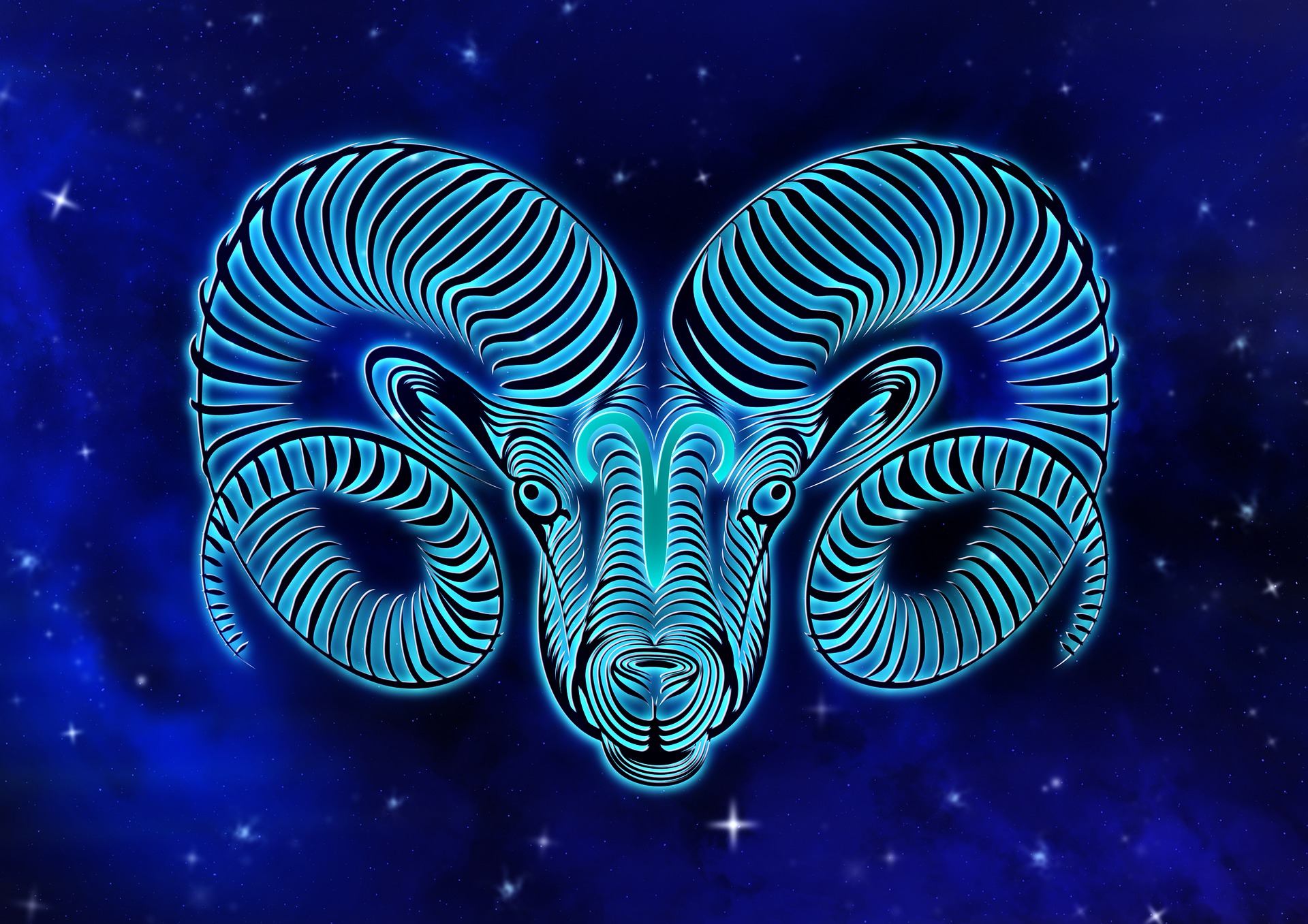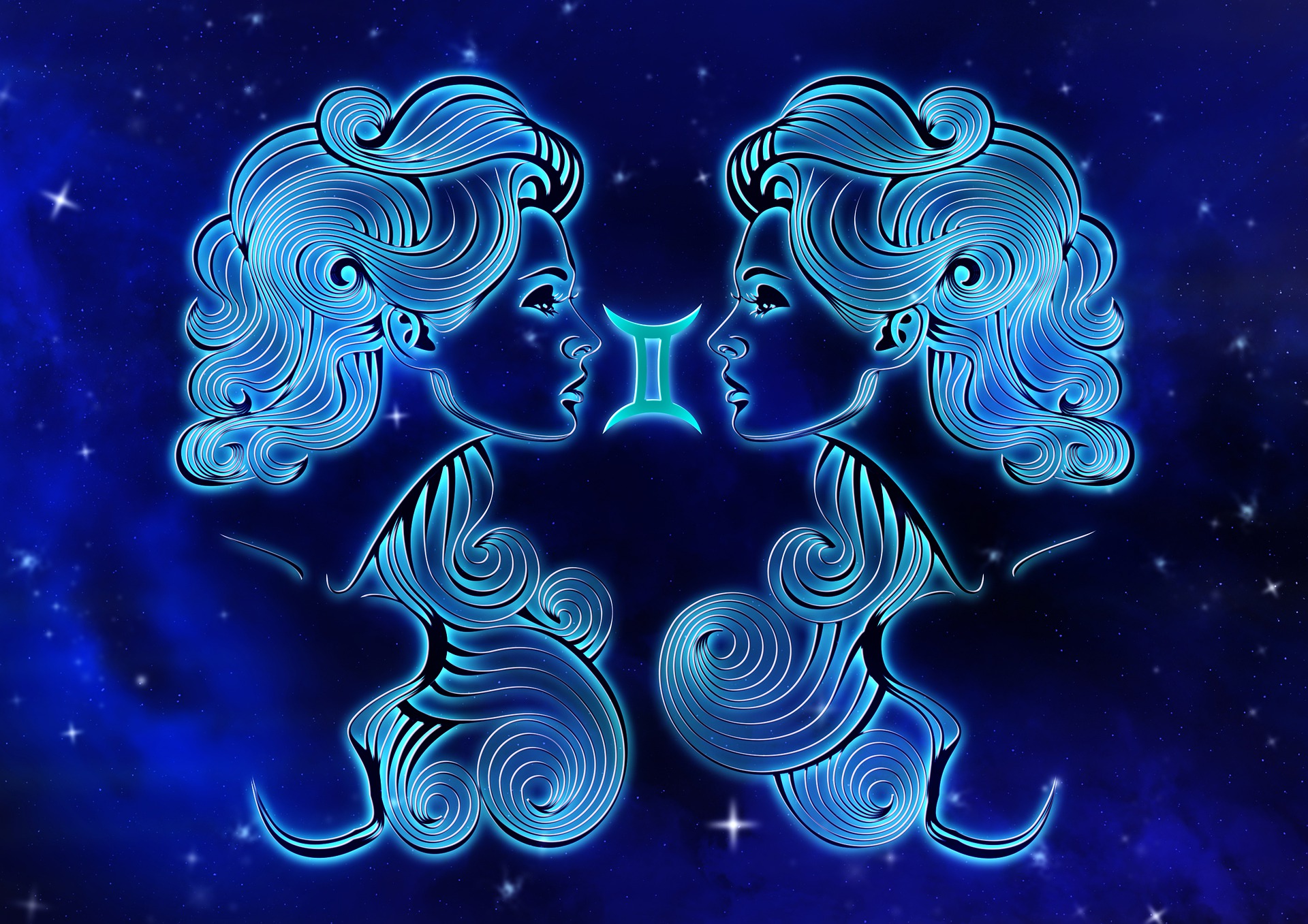Is one long, profound romance worth many short, intense relationships?
We want to be with our lovers, but in what kind of relationship do we aspire to be? Do we prefer to be in one profound, loving relationship all our lives, or would we prefer many short, intense romantic relationships?
At the center of this issue is the difference between happiness and meaningfulness, as well as the difference between romantic intensity and romantic profundity.
Happiness and Meaningfulness
“There has never yet been a man in our history who led a life of ease whose name is worth remembering.” —Theodore Roosevelt
Recent studies on the difference between happiness and meaningfulness, by Roy Baumeister and colleagues (Baumeister, 2013; Baumeister, et al. 2013), may shed surprising light on our romantic choices.
Happiness is related to our needs and desires being satisfied. But meaningfulness is considerably more complex. While happiness refers merely to the present, meaningfulness connects the present with the past and the future.
The satisfaction of our desires is a reliable source of happiness but has nothing to do with a sense of meaning. We are happy according to the extent to which we find our lives easy rather than difficult, while difficulties—and coping with them—contribute greatly to the meaningfulness of life.
Baumeister argues that time spent imagining the future is strongly linked to greater meaningfulness, but less happiness. Conversely, the more time we spend thinking about the here and now, the happier we are. Meaning involves assembling the past, present, and future into a coherent story; it enables us to impose a measure of stability on our world.
In contrast, happiness, as a subjective state, exists essentially in the present moment. Happiness, he contends, is mainly about getting what we want and need—including from other people. In contrast, meaningfulness is linked to doing things that express and reflect the self; it is particularly linked to doing positive things for others.
For example, while spending time with friends contributes to higher happiness, it is irrelevant to meaning. Time with loved ones, while not uniformly pleasant, is meaningful. Baumeister suggests that the difference lies in the depth of the relationships. Time with friends is often devoted to simple pleasures, without much at stake, so it may foster good feelings while doing little to increase meaning. If your friends are grumpy, you can just move on.
Superficiality and Profundity
“The first recipe for happiness is: Avoid too lengthy meditation on the past.” —Andre Maurois
Baumeister refers to both narrow and broad senses of happiness. The narrow sense—when you’re happy to have found a lost shoe—expresses momentary feelings. The broad sense—being happy to be enjoying a good life—expresses life satisfaction.
Similarly, I have suggested distinguishing between the acute emotion of joy and the sentiment of happiness (Ben-Ze’ev, 2000). As an acute emotion, happiness is a short-term state of pleasure or satisfaction occurring as a result of a specific (real or imaginary) positive change. Even someone who is generally depressed can laugh and be pleased from time to time. Infants can be content or satisfied; they may also be described as experiencing a degree of happiness, but not the profound, meaningful sentiment of happiness sought after by healthy adults.
In profound happiness, people are engaged in meaningful activities that develop their capacities and enable them to flourish. Such flourishing is not a temporary state of superficial pleasure; it refers to the fulfillment of our talents and capacities over the arc of life. (Superficial or hedonic activities—casual sex, gossiping, and watching television—may be enjoyable, even though they do not contribute much to our long-term flourishing and can even be harmful in excess.)
Joy and Meaning in Love
Turning to the romantic realm, we may distinguish between superficial joyful experiences—like casual sex—and profound, meaningful experiences—such as long-term profound love. In this regard, a distinction between romantic intensity and romantic profundity is useful: Romantic intensity expresses a snapshot picture of a romantic experience at a given moment. Romantic profundity, which constitutes long-term deep love, involves joint activities which fulfill essential needs for the couple’s long-term flourishing.
The profundity of a romantic experience is different from how intensely it is felt. A short sexual desire may be more intense than a longer experience of romantic love, but less profound. Although in profound love, the romantic intensity is not as intense as in momentary sexual desire, it still exists—and at a substantial level.
Baumeister argues: “If happiness is about getting what you want, it appears that meaningfulness is about doing things that express yourself.” In romance, short-term joys are indeed about getting what you want, while profound, meaningful love expresses your personality and fulfills your potential.
The satisfaction that arises from profound, meaningful activities is crucial for long-term love. Profound love does not stem from subordinating your activities to those of your beloved, but from considering the activities for and with your beloved as compatible with your own meaningful activities.
The choice of such activities cannot be arbitrary—it must benefit and be compatible with each other’s personality and flourishing. Sexual activity can be enjoyable in the superficial sense of providing fleeting pleasure to the participants. It becomes meaningful when it is part of the more profound attitude of love.
Choosing Between One Profound Romantic Relationship or Many Intense Short Ones
“I’m selfish, impatient, and a little insecure. I make mistakes; I am out of control and at times hard to handle. But if you can’t handle me at my worst, then you sure as hell don’t deserve me at my best.” —Marilyn Monroe
Should a person choose a happy or a meaningful life? Most of us would find it difficult to endure a complete lack of either. No one wants to live a miserable, though meaningful, life, or a superficially happy, but meaningless, one.
The decision between being a dissatisfied Socrates or a happy pig would be obvious—the pig lacks any intellectual and other cognitive features that make our lives meaningful. But what about choosing between being a dissatisfied Socrates and a happy human who is somewhat less wise than the philosopher? Here the choice is more complex.
The choice between a short, high-quality life and a long, low-quality life is a similar question: We might attempt to work out this problem in a mechanical way by multiplying the length of life by the quality of life and then choose the greater sum.
But how can we possibly measure the quality of life? Consider chemotherapy: Some people choose not to undergo this treatment because although it may prolong their lives somewhat, it can considerably reduce the quality of their lives.
In the romantic realm, the dilemma is whether to aspire to a long, profound love all your life or to pursue many short, intense romantic relationships. Opting for one profound love is a seemingly plausible choice—profound love involves fulfilling the partner’s essential needs and enhancing both partners’ personal flourishing. Such love has various advantages, fueled by a long-term acquaintance and joint activities.
As one man posted in a comment on an article of mine:
“Been with my wife for more than 25 years. We had two children together. I love her today more than I ever have. The thought of growing old with her brings me comfort. Yes, love can survive and flourish!”
Consider, on the other hand, the attitude of Marianne, an attractive young divorcee, and a top executive:
“I am glad for people who remain in love with the same partner for a long time and are happy about it since I think that to be happy in this life is the most meaningful experience. Would I want to be in love with the same man all my life? To be honest with myself, the answer is ‘no.’ However, while I am intensely in love with a man, I want this love to endure for a long time. I would be happy to feel in love forever with the man I am with now. But I know that it is impossible, and although I am not so young, I am still attracted to excitement. Accordingly, I believe that what I really want, and what actually happens to me, is that I need more than one love in my whole life.”
Marianne may be basing her attitude on an incorrect belief: She wants to be in love with her current lover forever, but since she believes that this is impossible, she is happy with many consecutive lovers. She does not think that she is unusual in needing more change and excitement than other people; she just thinks that she is more open about it.
But various studies indicate that profound love that endures for a lifetime does exist—and to a greater degree than many of us believe (O’Leary, 2012). Moreover, people often change their views about long-term love. As we get older, calmness, rather than excitement, may become the essential element in a marriage (Mogilner, et al., 2011). (It should also be remembered that exciting ups are often followed by depressing downs.)
A central difficulty in choosing one loving partner for the rest of your life is the probable reduction in intense, novel, exciting experiences. However:
- The reduction in intensity is not inevitable, and for many relationships, it has little impact.
- The profundity of love may more than compensate for reduced intensity.
- Couples may arrive at certain flexible arrangements that enable each of them to have some novel excitements, provided that they do not endanger their relationship—although in many cases, such arrangements prove incompatible with profound love.
Accordingly, it seems that most people would choose to have one profound love that makes their life both happier and more meaningful.
Can you, the reader, tell us what type of relationships you would prefer: A long, profound one or a series of short, intense ones?
Source:psychologytoday.com









